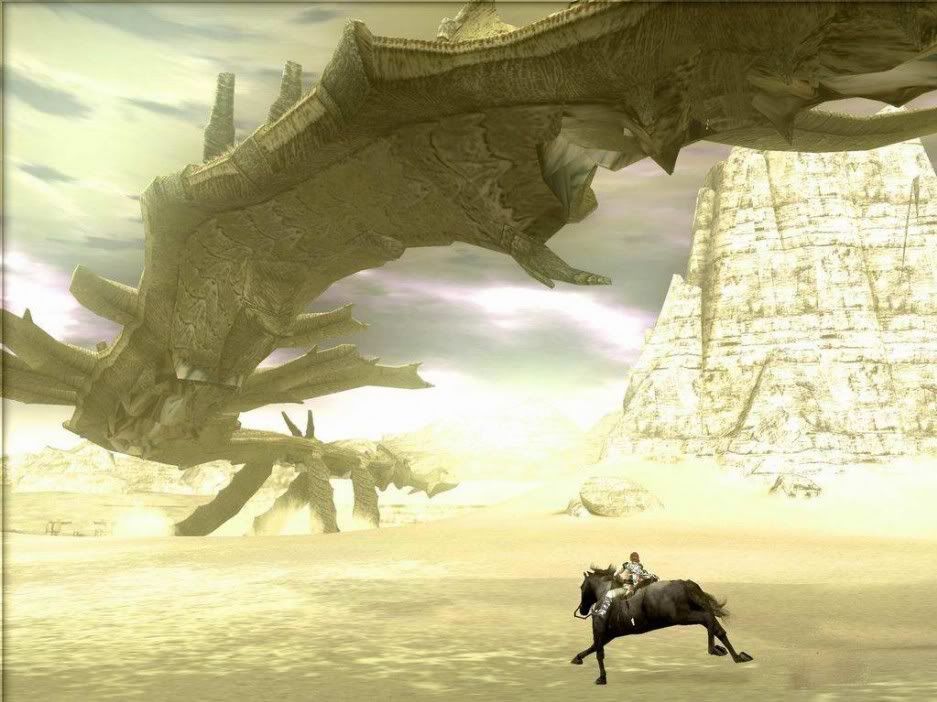
[because '300' references never seem to go out of style]
Another one of the debates swirling around videogames is summed up in one question: are videogames art? I have yet to meet a gamer who says "no", and have found very few non-gamers who say "yes." Like Mr. Roger Ebert. Back in July, Ebert wrote a pretty pompous article about how games cannot be defined as art. He considers them a lesser medium, inferior to books and movies. Oh, you can bet the gaming community did not take kindly to that one. Clive Barker, an acclaimed British author, film director and artist, contested Ebert's comments, and Ebert replied to these comments in his July editorial.
Barker: "I'm not doing an evangelical job here. I'm just saying that gaming is a great way to do what we as human beings need to do all the time -- to take ourselves away from the oppressive facts of our lives and go somewhere where we have our own control."
Ebert: Spoken with the maturity of an honest and articulate 4-year old. I do not have a need "all the time" to take myself away from the oppressive facts of my life, however oppressive they may be, in order to go somewhere where I have control. I need to stay here and take control. Right now, for example, I cannot speak, but I am writing this. You lose some, you win some.
Whoa, whoa, whoa. Wait. "Spoken with the maturity of an honest and articulate 4-year-old"? Up until that point, I had actually been listening to Ebert's opinion with some form of respect, and trying to understand the "bowel-moving" analogy/wordplay used in the article. But to be so condescending on someone who, in the world of critics and art, has just as much credo as you, is not right. Shame on you, Roger, shame on you.
And so, I, too, will jump into the fray. I, of course, as a gamer, think games are a very legitimate form of art.
Artists are very much a part of the game process. Even though art is involved in the game development process, does that mean the end result is necessarily art? The art these artists create is simply animated, put into motion with interactive elements.
But then, this logic would make every game a piece of art--from Spongebob to Barbie. And despite the flashy, cartoony depictions, I don't think many people would consider frying up Krabby patties or picking out dresses an artistic experience.
Does that mean the game has to present thought-provoking ideas along with stylized graphics to be art? If you take a look at any form of art, it generally has two stock elements that define it as art: great visual presentation and, usually, a message. When you look at it this way, there are plenty of games that can be considered art. Being a gamer myself, I can't help but side with the gamer's side of the debate. I've played through far too many wonderful, gripping stories, encountered an overabundance of captivating fictional characters, and witnessed countless super-stylized cutscenes, to say that games cannot be considered art, even high art, as Ebert argues. Ebert condescends that Barker's opinion has the mental maturity of a four-year-old. But that's the beauty of it! Younger audiences (maybe not as young as four-year-olds) can still understand what's going on in these more artistic games and begin to understand and appreciate the experience they provide. And so can the teenagers, the 20- and 30-somethings, 50-somethings like Barker, and everyone in between.






No comments:
Post a Comment